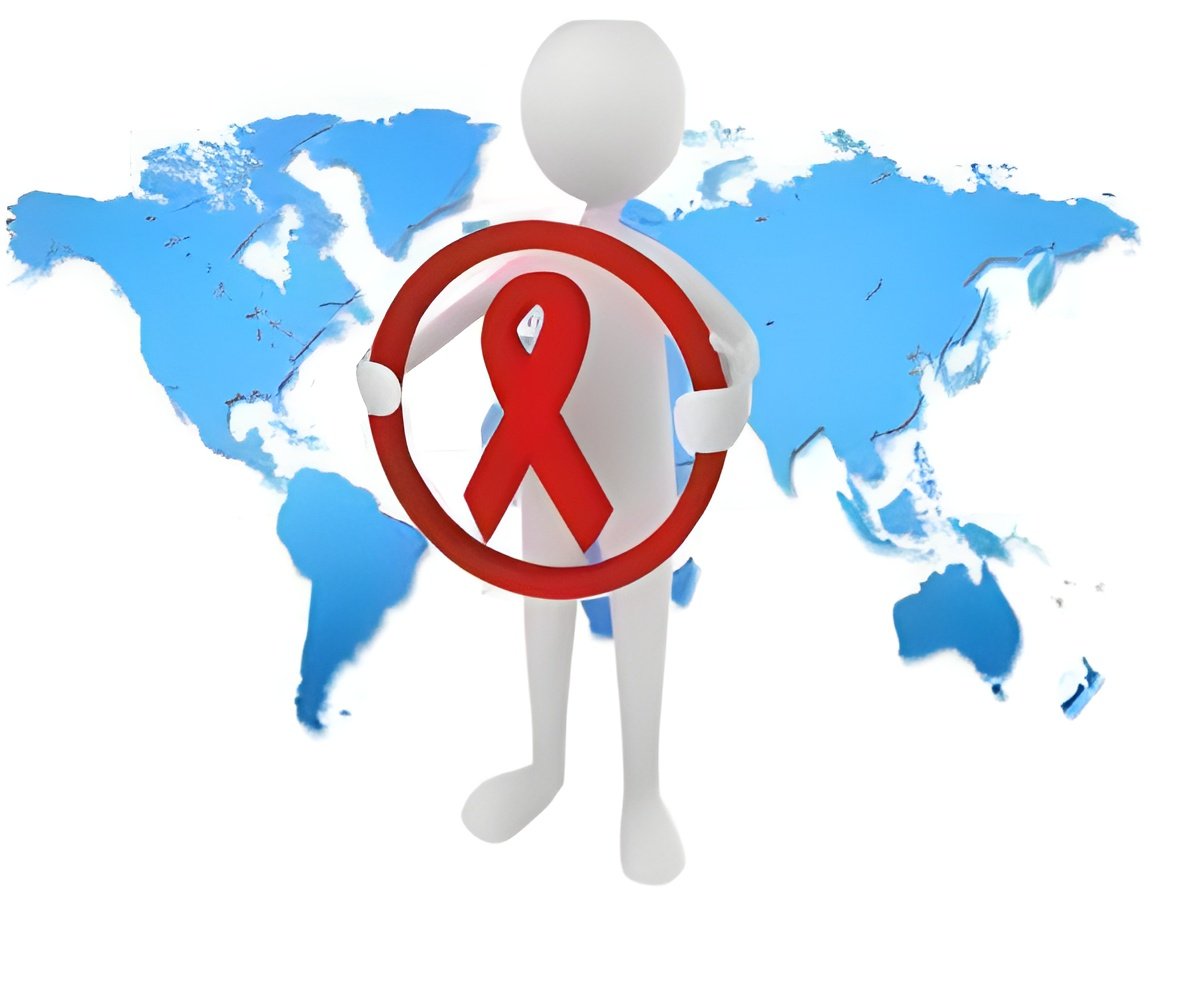The global response to the three-decade AIDS epidemic needs to be kick started, some 25,000 people, including celebrities, scientists and HIV sufferers are expected to say on Sunday.

The US ban was formally lifted in 2009, and researchers have described fresh optimism in the fight against AIDS on several fronts ahead of the six-day conference that starts Sunday and runs through July 27.
Deaths and infections are down in the parts of the world most ravaged by the disease, while the number of people on treatment has risen 20 percent from 2010 to 2011, reaching eight million people in needy countries.
However this is only about half the people who should be on treatment worldwide, suggesting much more remains to be done.
Eastern Europe and central Asia are experiencing worsening epidemics, while the United States has been unable to curb the rate of new infections in recent years despite a host of new research advances.
More than 34 million people worldwide are living with HIV, a higher number than ever before, and around 30 million have died from AIDS-related causes since the disease first emerged in the 1980s, according to UNAIDS.
Advertisement
The drugs have also offered hope in preventing new cases by making infected people less contagious during sex and offering healthy people some degree of protection if they take the medication daily.
Advertisement
And there remains a major gap in the United States between the number of people diagnosed and the number with their viral load under control through medication, a phenomenon known as the "treatment cascade".
Even though 80 percent of people with HIV in America are aware of their status, just 28 percent have the disease under control, a trend that Ronald Valdiserri, director of the US Office of HIV/AIDS Policy, said Thursday "is bound to be a topic of discussion."
The hunt for a cure, which has eluded scientists, will be another hot topic. HIV co-discoverer and Nobel laureate Francoise Barre-Sinoussi announced on Thursday a new roadmap for scientists in research toward a cure.
Funding is also at a critical juncture, with many nations boosting their domestic spending on the disease while international donations remain flat.
Total worldwide investment in HIV was $16.8 billion last year, an 11 percent rise from 2010, but still far short of the $22-24 billion needed by 2015, according to a UNAIDS report released Wednesday.
"We are at a moment of extraordinary optimism in the response to the human immunodeficiency virus," doctors Diane Havlir of the University of California, San Francisco, School of Medicine and Chris Beyrer of the Johns Hopkins Center for AIDS Research wrote in the New England Journal of Medicine this week.
"The scientific opportunities and optimism at this moment in HIV research are not matched, however, by the available resources."
Doctors Without Borders has called for a doubling to the pace of treatment and a doubling of funds to reach all those who need treatment.
Assisting the fundraising effort are a clutch of celebrities in town for the conference, including actors Sean Penn and Sharon Stone. The Microsoft chairman and noted philanthropist Bill Gates will also attend.
Secretary of State Hillary Clinton, who called for an "AIDS-free generation" in a landmark 2011 speech, will address the conference on Monday at 1400 GMT.
President Barack Obama, who has faced some criticism for his decision not to attend in person, is sending a video message and will invite some conference attendees to the White House for talks on Thursday.
Source-AFP















